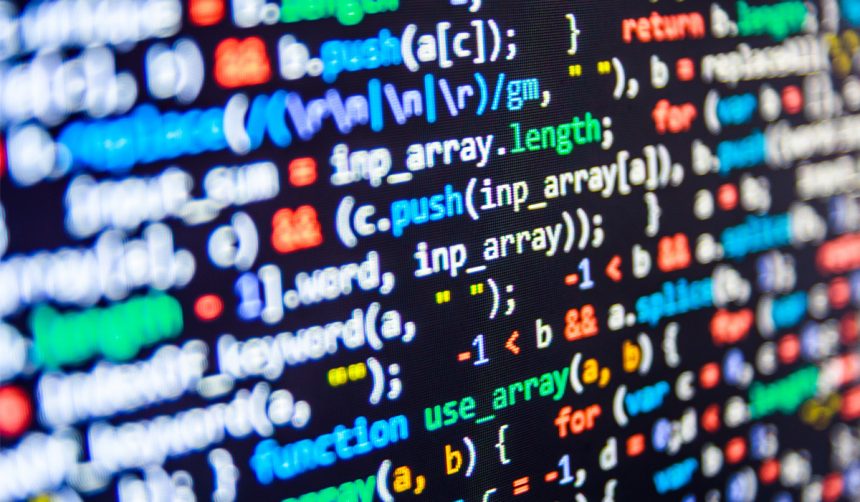
Primary education in Japan is about to get a bit more technical.
The Japanese Ministry of Education has made computer programming a mandatory subject for all primary school students. The change will take effect from 2020, and will be expanded to include middle schools and high schools in 2021 and 2022 respectively.
The classes will focus on software creation through educational games. Older students will also have access to more in depth elective classes. The overall goal is to improve the Japanese labor market’s international competitiveness. Information Technology remains a powerful economic sector across the world, and those countries with the best-trained labor force will reap the rewards.
The Japanese government clearly views technology as a key area for stimulating the Japanese economy, and they’re not alone. U.S. president Barack Obama is also investing billions into technology education, alongside numerous state-level initiatives and similar investments in other countries. Japan is unique in that it has some of the best technology infrastructure in the world, synonymous with some of the biggest names in consumer electronics. What’s more, Japan boasts excellent high-speed internet—the fourth fastest in the world, to be precise—and a growing IT startup industry.
As both a former teacher and a current full-time software developer, I am cautiously optimistic. Over the years, there have been a number of initiatives in the United States and elsewhere to get kids to learn coding. At the adult level, there are coding “boot camps,” where people do intensive courses to help them switch careers. People have clearly been paying attention to the job postings; tech firms are hiring, and they’re paying well.
Still, I do not see coding as something that is necessary to all people, especially children. While I think the logical thinking skills programming can engender are valuable, I believe the specific learning required is too esoteric to be practical for most people. To say that everyone should learn to code is sort of like saying everyone should learn carpentry. Sure, it’s a nice skill set to have, but not everyone really needs it—unlike, say, literature and math. Like woodshop, it would make more sense for coding to be optional rather than mandatory.
Nevertheless, I think what the Japanese government is doing could be a great long-term investment. The key is really implementation.
For a mandatory programming class to be effective, it will need sound pedagogy, clear goals, and input from technology professionals and curriculum experts. And of course emphasis should be placed on making the material engaging enough to get kids excited about technology, which is the only way they’ll come away with any measurable practical skills. Unlike English, where even a little bit can be helpful, programming is really about solving problems and developing a logic-focused mindset. A good class does not just dump a bunch of tech trivia on kids; rather, it trains them to think like a computer and deconstruct complex systems. These are useful skills for any kid to learn, no matter where they go in life.
There are already some schools in Japan that include programming classes for younger students, and even some programs that specialize in technology at the secondary level. My hope is that different regions try a variety of instructional approaches, leveraging their current experience and resources..
I’ve long felt that Japan has the talent and resources to develop a much bigger startup scene. Here’s hoping the Ministry’s efforts help to give Silicon Valley something to sweat over.







